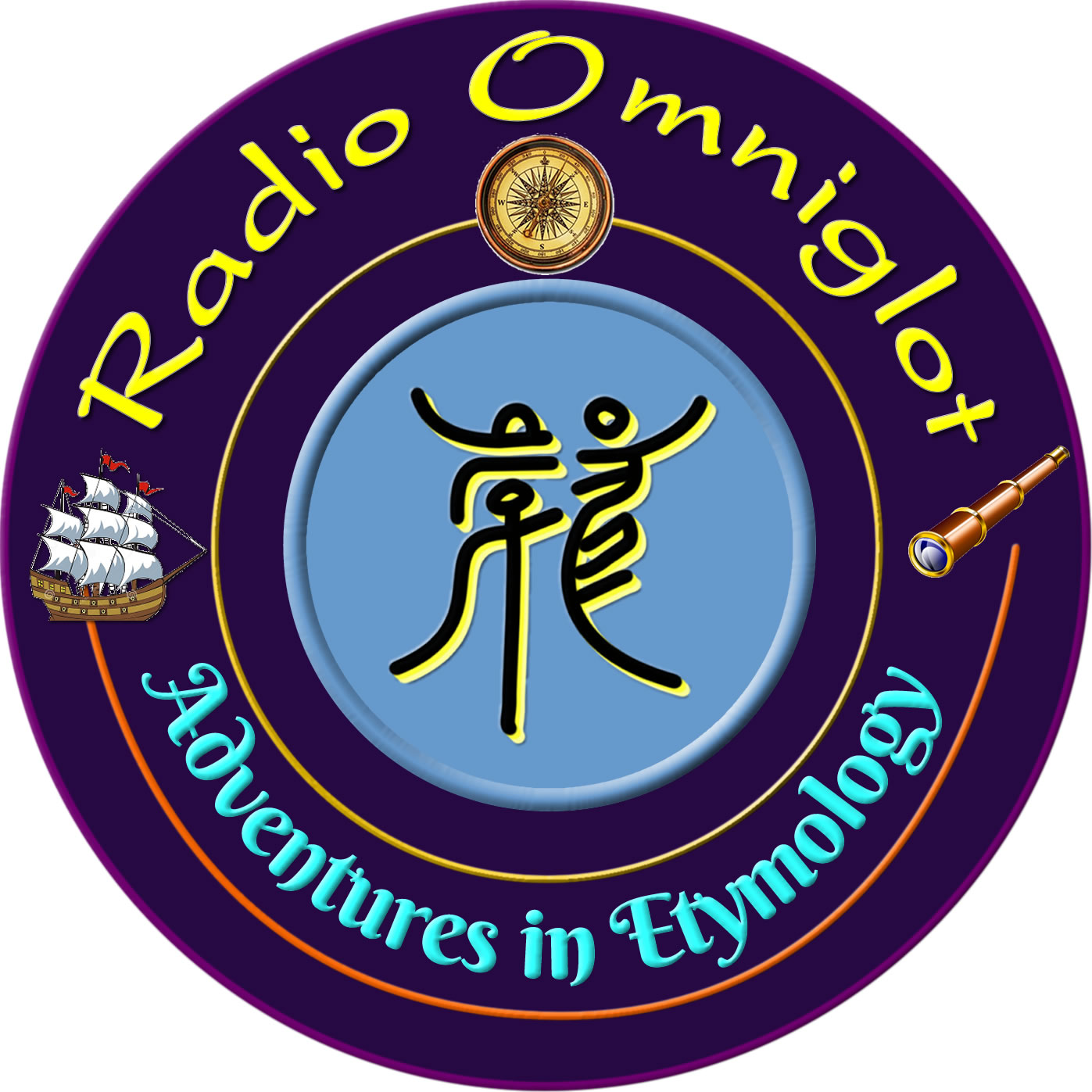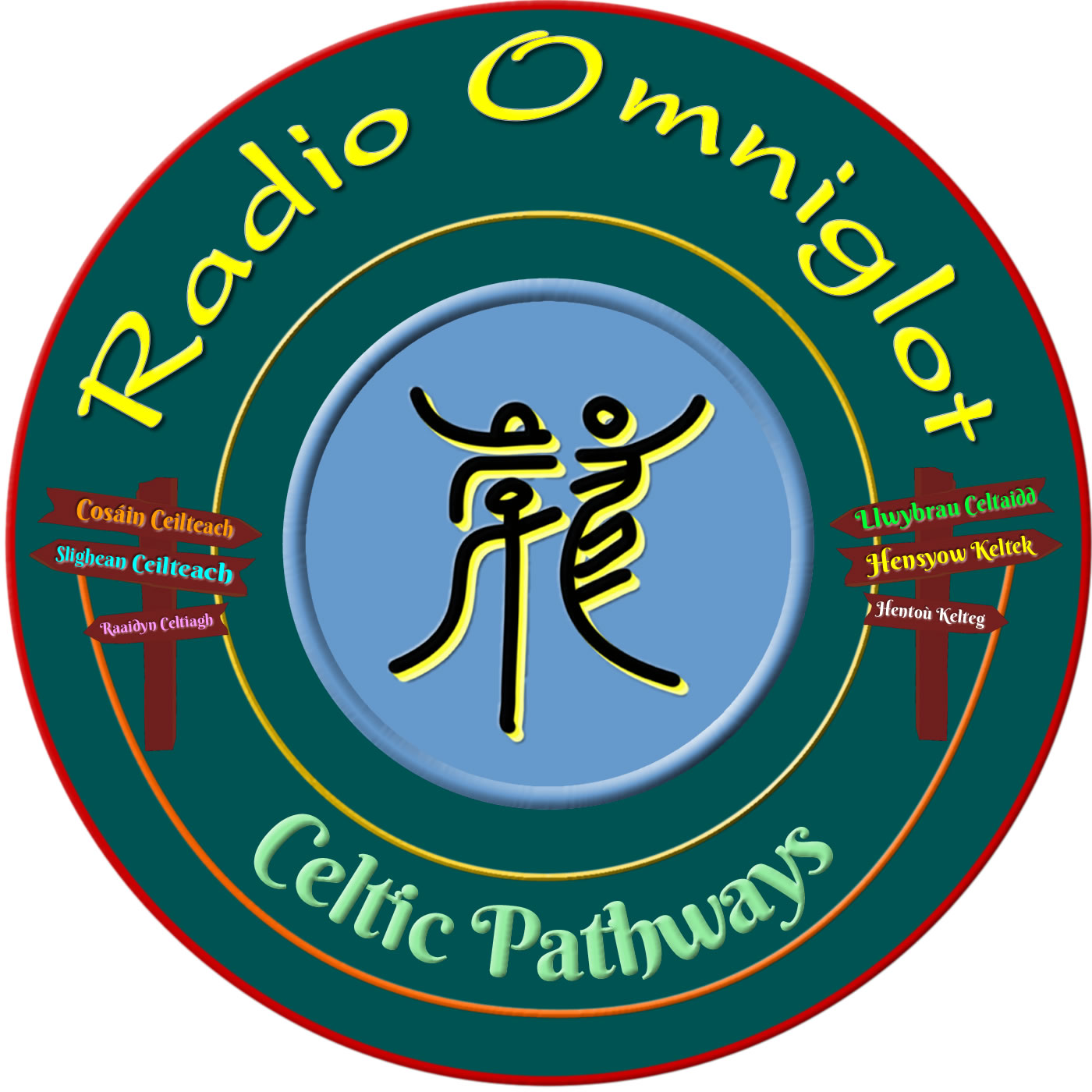Adventures in Etymology – Nemesis
Description
In this Adventure in Etymology we investigate the origins of the word nemesis.
Nemesis [ˈnɛməsɪs] can mean:
- An enemy, especially an archenemy.
- A person or character who specifically brings about the downfall of another person or character, as an agent of that character’s fate or destiny, especially within a narrative.
- The personification of the “fatal flaw” of a dramatic hero in the style of Greek tragedy.
Other meanings are available
It comes from Νέμεσῐς (Némesĭs – the Greek goddess of retribution), from Ancient Greek νέμεσις (némesis – distribution of what is due, righteous assignment of anger, wrath at anything unjust), from νέμω (némō – to deal out, distribute, dispense, count, hold, possess, pasture flocks), from Proto-Hellenic *némō from Proto-Indo-European *nem(h₁)- (to distribute, give, take) [source].
Words from the same roots include ņemt (to take, seize) in Latvian, nehmen (to take, hold, grasp) in German, nimma (to understand) in Swedish, nimble and number in English, nimh (poison, venom) in Irish and possibly nant (stream, brook) in Welsh [source].
The English word numb also comes from the same roots. It was originally the past participle of nim (to take, seize, steal – obsolete / archaic), which comes from Middle English nimen (to (under)take, draw, enter), from Old English niman (to take), from Proto-West Germanic *neman (to take), from Proto-Germanic *nemaną (to take), from PIE *nem(h₁)- (to distribute, give, take) [source].
The word nimps (easy – northern England) also possibly comes from the same roots, as do overnim (to take away, rob) and nimmer (a petty thief) [source].
If you would like to support this podcast, you can make a donation via PayPal or Patreon, or contribute to Omniglot in other ways.
Radio Omniglot podcasts are brought to you in association with Blubrry Podcast Hosting, a great place to host your podcasts. Get your first month free with the promo code omniglot.
I also write about words, etymology and other language-related topics on the Omniglot Blog, and I explore etymological connections between Celtic languages on the Celtiadur blog.











